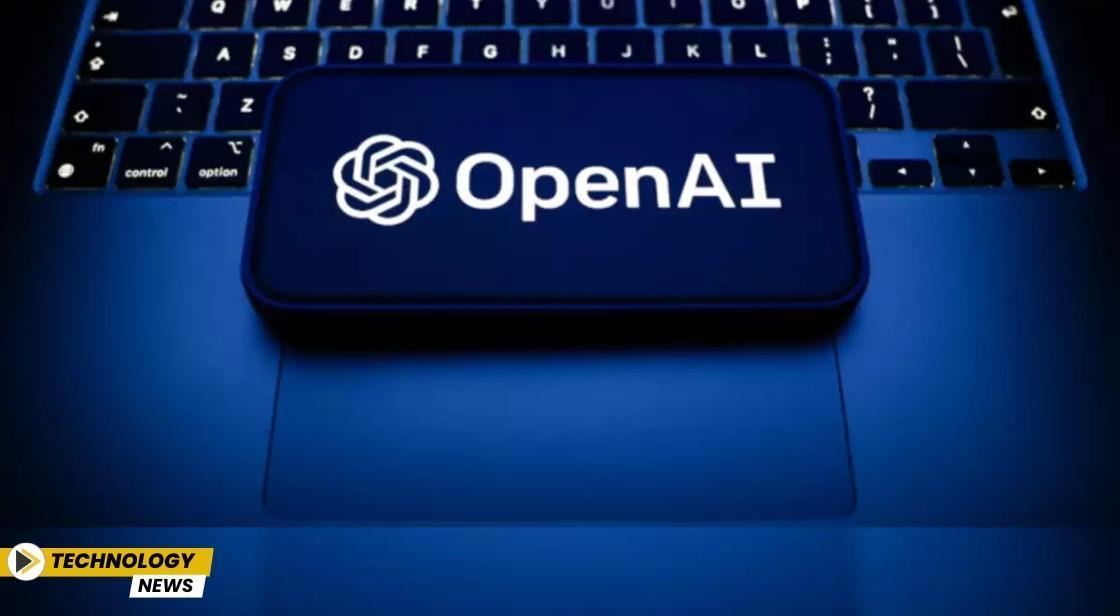OpenAI Announces Overhaul, $100 Billion Stake Allocated to Nonprofit Arm

News Synopsis
Artificial intelligence leader OpenAI is preparing for a sweeping organisational overhaul that could transform it into a traditional for-profit company. The move, which involves renegotiating terms with its biggest backer Microsoft, includes allocating a staggering $100 billion equity stake to its nonprofit arm. This restructuring is aimed at setting the stage for a possible future public listing while ensuring OpenAI’s founding mission remains central.
OpenAI’s Shift Toward a For-Profit Structure
Founded in 2015 as a nonprofit to advance digital intelligence for the greater good, OpenAI has grown into one of the most influential players in the AI ecosystem. However, as demand for its flagship product, ChatGPT, and other AI models skyrocketed, its hybrid structure of nonprofit governance and profit-seeking subsidiaries created friction.
The company is now working to streamline its structure by creating a public benefit corporation (PBC), which will allow it to combine financial goals with broader social impact objectives.
$100 Billion Equity Stake for OpenAI Nonprofit
As part of the overhaul, OpenAI plans to allocate at least $100 billion in equity of its new corporation to the nonprofit arm. Chairman Bret Taylor highlighted that this stake will transform the nonprofit into one of the “best-resourced philanthropic organisations in the world.”
Reports suggest that the nonprofit could end up holding around 20% ownership of OpenAI, depending on how the restructuring unfolds. This stake could rise in value if OpenAI achieves a projected $500 billion valuation, making it the world’s largest startup.
Microsoft’s Role in the Overhaul
Microsoft, which first invested $1 billion in 2019, has since poured billions more into OpenAI to secure access to its groundbreaking AI technologies. The latest negotiations revolve around redefining the partnership to balance Microsoft’s interests with OpenAI’s long-term independence.
According to reports, Microsoft may relinquish part of its equity in exchange for guaranteed access to OpenAI’s future AI models beyond 2030, when its current contract is set to expire. This ensures that both parties maintain strategic alignment as AI development continues to accelerate.
OpenAI’s Growing Pains and Governance Challenges
Despite its meteoric rise, OpenAI has faced significant internal and external challenges. In 2023, co-founder Sam Altman was briefly ousted from his CEO role before being reinstated after a high-profile boardroom dispute. This incident exposed tensions around OpenAI’s governance structure, particularly its nonprofit roots controlling a for-profit subsidiary.
The restructuring aims to resolve these governance bottlenecks, giving the nonprofit a clearer leadership role while providing financial flexibility to support OpenAI’s ambitious roadmap.
What is a Public Benefit Corporation?
A public benefit corporation (PBC) is a hybrid model that merges the profit-seeking orientation of traditional companies with the mission-driven focus of nonprofits. By adopting this structure, OpenAI will retain the freedom to pursue shareholder returns while also aligning with its original mission to advance AI for the benefit of humanity.
Although a PBC is still profit-driven, the “public benefit” designation places additional emphasis on ethical leadership and positive social impact, something that has been central to OpenAI’s philosophy since its inception.
Potential Public Listing Ahead
The restructuring could also pave the way for a future IPO (initial public offering). With OpenAI’s valuation expected to soar as adoption of AI tools expands globally, a listing would not only unlock liquidity for investors but also establish OpenAI as one of the most valuable companies in the world.
Employees may also gain opportunities to sell shares, benefiting from the company’s rapid growth and potentially record-breaking market valuation.
Conclusion
OpenAI’s upcoming $100 billion restructuring is more than just a financial exercise—it is a strategic pivot aimed at balancing profitability, innovation, and social responsibility. With Microsoft recalibrating its stake and OpenAI’s nonprofit arm set to become one of the wealthiest philanthropic entities, the transformation could reshape the AI industry landscape.
As AI adoption accelerates, this restructuring may serve as a blueprint for how mission-driven organisations can evolve into global tech powerhouses while retaining their founding values.
You May Like









